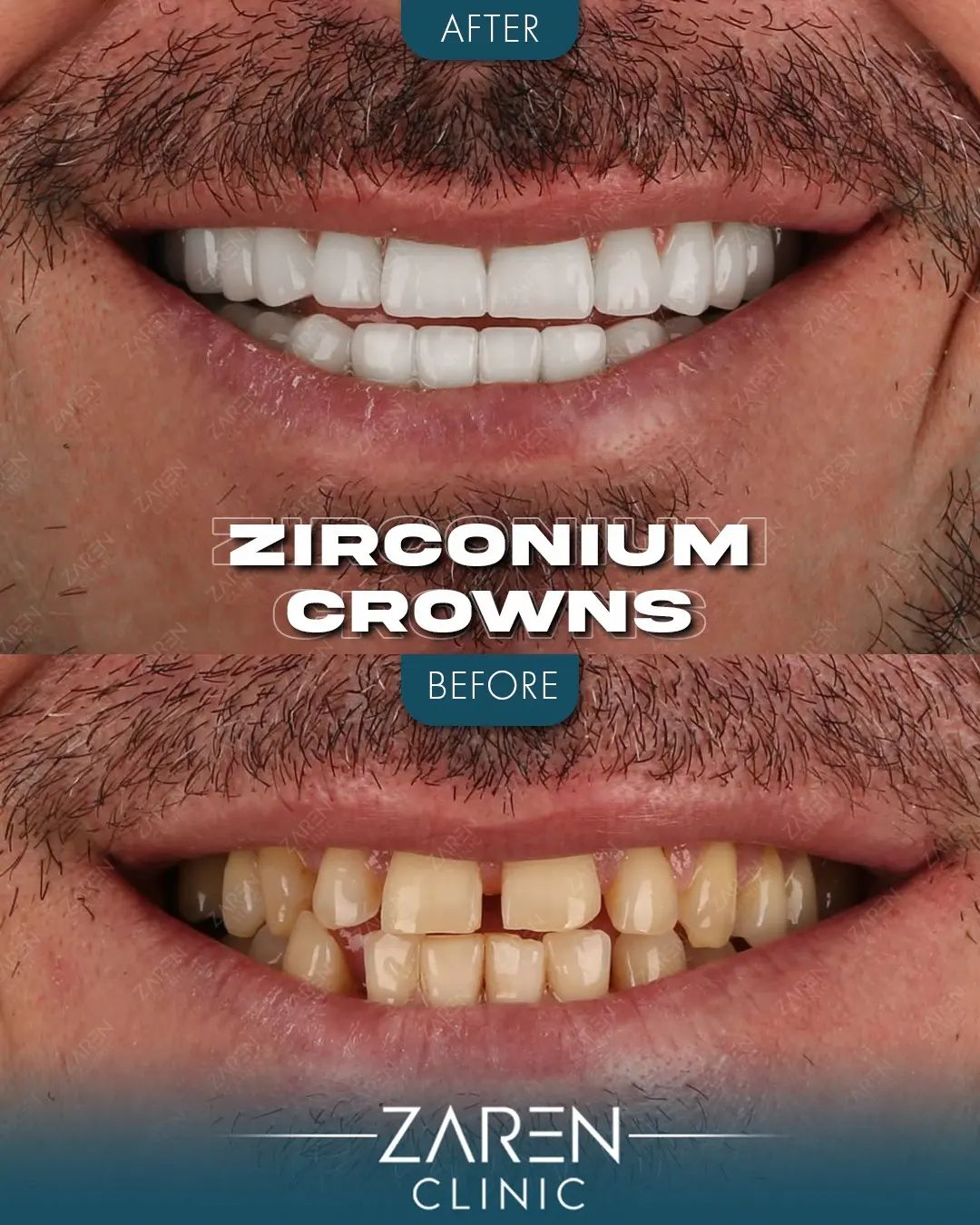Biopsies are a crucial diagnostic tool in modern medicine, allowing for the examination of tissue samples to diagnose various diseases, including cancers. This article will explore the different types of biopsies, their purposes, the procedures involved, and the implications of biopsy results.
What is a Biopsy?
A biopsy involves the removal of a small sample of tissue from the body for microscopic examination. The primary purpose is to diagnose abnormalities in tissue, such as cancer, infections, or other diseases.
Types of Biopsies
There are several types of biopsies, each suited to different diagnostic needs and tissue types:
- Needle Biopsy:
- Fine Needle Aspiration (FNA): Uses a thin needle to extract fluid or cells.
- Core Needle Biopsy: Utilizes a larger needle to remove a small cylinder of tissue.
- Endoscopic Biopsy:
- Performed using an endoscope to access internal organs like the stomach or lungs.
- Surgical Biopsy:
- Incisional Biopsy: Removes a portion of the abnormal tissue.
- Excisional Biopsy: Removes the entire area of abnormal tissue.
- Skin Biopsy:
- Used to diagnose skin conditions; includes punch biopsy, shave biopsy, and excisional biopsy.
- Bone Marrow Biopsy:
- Extracts a sample from the bone marrow to diagnose blood disorders.
- Liquid Biopsy:
- A non-invasive test that detects cancer cells or DNA in blood.
Why are Biopsies Performed?
Biopsies are performed to:
- Diagnose cancer or other diseases.
- Determine the extent and stage of a disease.
- Guide treatment decisions.
- Monitor the effectiveness of treatment.
The Biopsy Procedure
The biopsy procedure varies depending on the type and location of the tissue being examined.
Preparación
Before a biopsy, patients might need to:
- Avoid eating or drinking.
- Stop taking certain medications.
- Inform the doctor of any allergies or medical conditions.
During the Procedure
The steps involved typically include:
- Anesthesia: Local or general anesthesia to minimize discomfort.
- Tissue Removal: Using the appropriate technique (needle, endoscope, surgery).
- Sample Collection: Ensuring the sample is adequate for analysis.
After the Procedure
Post-procedure care may involve:
- Rest and observation.
- Pain management.
- Avoiding strenuous activities.
- Watching for signs of infection.
Interpreting Biopsy Results
The tissue sample is examined by a pathologist who looks for abnormalities. Results can indicate:
- Benign Conditions: Non-cancerous growths or inflammation.
- Malignant Conditions: Presence of cancer cells.
- Infections: Bacterial, viral, or fungal infections.
- Other Diseases: Autoimmune diseases or chronic conditions.
Implications of Biopsy Results
Positive Results
If cancer or another serious condition is detected, further tests and treatments will be planned. This might include additional imaging, surgery, chemotherapy, or radiation therapy.
Negative Results
A negative result can be reassuring but may require additional follow-up if symptoms persist. Sometimes, a repeat biopsy or different diagnostic tests are necessary.
Advances in Biopsy Techniques
Recent advances in biopsy techniques have improved accuracy and reduced invasiveness. These include:
- Image-Guided Biopsies: Utilizing CT scans, MRI, or ultrasound to guide needle placement.
- Robotic-Assisted Biopsies: Increasing precision in hard-to-reach areas.
- Liquid Biopsies: Offering a less invasive option for cancer detection.
Risks and Complications
While biopsies are generally safe, potential risks include:
- Infection: At the biopsy site.
- Bleeding: Especially in organ biopsies.
- Pain and Discomfort: At the site of tissue removal.
- False Results: Rare, but possible, leading to misdiagnosis.
Conclusión
Biopsies are an indispensable tool in medical diagnostics, providing critical information about tissue abnormalities. Understanding the various types of biopsies, the procedures involved, and the implications of the results can help patients and healthcare providers make informed decisions about diagnosis and treatment.
Frequently Asked Questions (FAQs)
How Long Does it Take to Get Biopsy Results?
The time frame for biopsy results can vary from a few days to a couple of weeks, depending on the complexity of the tests required.
Are Biopsies Painful?
Most biopsies involve minimal discomfort due to the use of local or general anesthesia. Post-procedure pain can usually be managed with over-the-counter pain relievers.
Can Biopsies Spread Cancer?
There is a common myth that biopsy techniques can spread cancer cells. However, this is extremely rare, and the benefits of obtaining an accurate diagnosis far outweigh the risks.
Resources for Further Reading
- American Cancer Society: Comprehensive information on various types of biopsies.
- Mayo Health: Patient resources on biopsy procedures and what to expect.
- National Cancer Institute: Research and guidelines on the use of biopsies in cancer diagnosis.
Significance of Biopsies in Healthcare
Biopsies are invaluable tools in modern healthcare, offering precise diagnostic information that guides treatment decisions and improves patient care.
Advancements in Biopsy Techniques
Recent advancements in imaging technology, molecular analysis, and minimally invasive techniques have enhanced the accuracy and efficiency of biopsies, leading to earlier detection and more targeted therapies.
Personalized Medicine
The information obtained from biopsy techniques plays a crucial role in the emerging field of personalized medicine, where treatments are tailored to the individual characteristics of each patient, resulting in better outcomes and reduced side effects.
Conclusión
Biopsies stand as indispensable pillars within contemporary medical practice, offering critical diagnostic insights across a broad spectrum of health conditions. Their significance cannot be overstated, as they serve as invaluable tools in guiding healthcare decisions, prognoses, and treatment strategies. As technological advancements continue to propel the field of medicine forward, biopsies are poised to retain their pivotal role in disease diagnosis, treatment, and management, ultimately enhancing patient outcomes and fostering improved quality of life.
At the forefront of medical innovation, biopsies have revolutionized the way clinicians approach the diagnosis and treatment of various ailments. Whether it’s identifying cancerous cells, pinpointing infectious agents, or assessing the efficacy of therapeutic interventions, biopsies provide clinicians with a window into the molecular and cellular landscape of disease. This intimate understanding enables healthcare providers to tailor treatment plans to the unique needs of each patient, optimizing efficacy and minimizing adverse effects.
Moreover, the evolution of biopsy techniques has ushered in a new era of precision medicine, where interventions are customized based on individual genetic profiles, biomarker expression patterns, and disease characteristics. By harnessing the power of biopsy techniques in conjunction with cutting-edge technologies such as next-generation sequencing and molecular imaging, clinicians can deliver targeted therapies that offer the greatest likelihood of success while minimizing the burden of side effects.
Looking ahead, the future of biopsy techniques is characterized by ongoing innovation and refinement. Emerging technologies promise to further enhance the accuracy, safety, and accessibility of biopsy procedures, empowering clinicians to obtain diagnostic information with unprecedented precision and efficiency. From liquid biopsies capable of detecting circulating tumor DNA to advanced imaging modalities that offer real-time visualization of cellular processes, the landscape of biopsy technology is rapidly evolving, opening new frontiers in personalized medicine and disease management.
In the context of patient care, the enduring relevance of biopsies lies in their ability to bridge the gap between diagnosis and treatment, offering tangible insights that directly inform clinical decision-making. By leveraging the wealth of information gleaned from biopsy samples, healthcare providers can adopt a proactive approach to disease management, intervening at the earliest stages of pathology and maximizing the likelihood of successful outcomes.
In essence, biopsy techniques serve as beacons of hope in the realm of healthcare, illuminating the path toward improved diagnosis, treatment, and ultimately, patient well-being. As we continue to unlock the mysteries of human biology and disease pathology, biopsies will remain steadfast in their mission to unravel the complexities of illness and pave the way for a brighter, healthier future for all.












